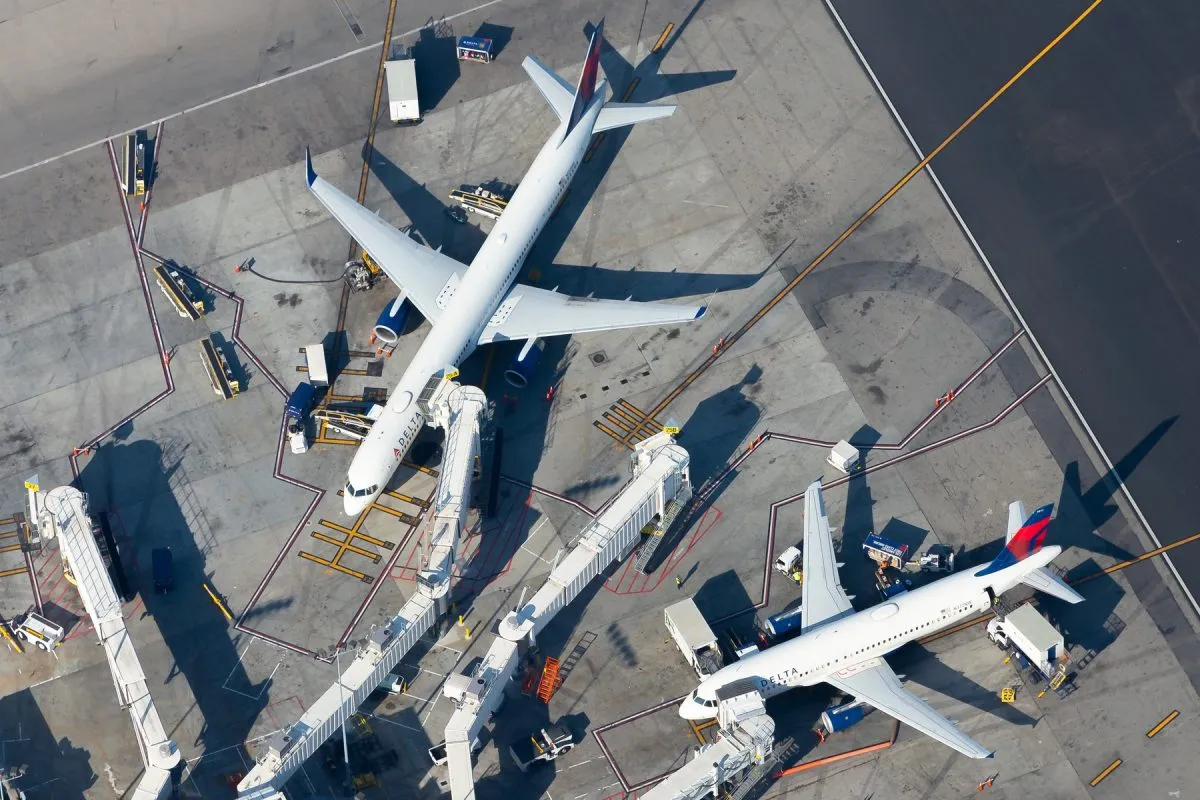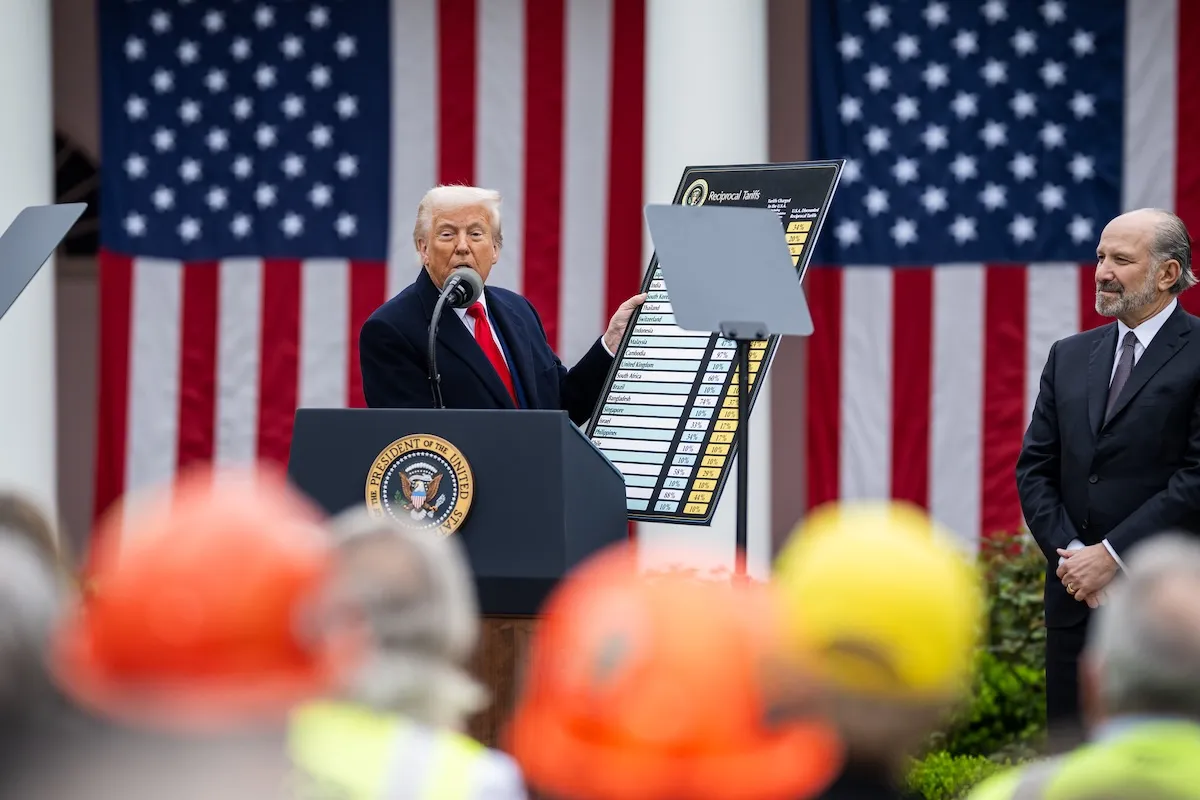U.S. Hospitality Jobs Rose Sharply in June But Hotels Still Operating With Half the Staff

Skift Take
The U.S. hospitality industry posted strong job gains for the second month in a row, but hoteliers shouldn’t rejoice quite yet.
The leisure and hospitality sector added 2.1 million jobs in June, the U.S. Bureau of Labor Statistics reported Thursday. That caused the sector's unemployment rate to fall from the 36 percent seen in May to 29 percent. The gains accounted for roughly 40 percent of the 4.8 million jobs added to the entire U.S. economy last month.
But hotels still face difficult times. While 239,000 accommodation-specific jobs came back in June, unemployment in the sector is still just over 43 percent.
“Anytime we’re adding jobs, it’s better than what we’ve seen the prior months of losing jobs. But it’s still concerning and proper to put it in perspective where we are compared to normal,” said American Hotel & Lodging Association CEO Chip Rogers. “We still have a long way to go before we can call it a full recovery.”
While the added jobs are good news for the struggling industry, there is still a significant amount of workers in the sector out of work. The U.S. hotel industry is operating with less than half the workforce it had at the beginning of the year, Rogers said. Leisure and hospitality unemployment was only 8 percent in March.
Thursday’s job report points to recovery momentum to the overall economy, as the unemployment rate fell by more than two points to 11.1 percent for the month of June — a strong initial rebound from the 22.2 million jobs lost over the months of March and April, according to the BLS.
But the employment recovery momentum comes at a time when the U.S. travel industry is still seeking stimulus measures from Washington to get through the catastrophic impact of coronavirus.
U.S. Senators Michael Bennett (D-CO) and Todd Young (R-IN) introduced a bill in late May to extend and improve the small business loan component of the $2 trillion coronavirus relief packaged passed earlier this year. The measure, if passed, would offer longer-term loans to companies in the hardest-hit business sectors like the travel industry.
Only 44 percent of Americans are planning leisure travel before 2021, according to a Morning Consult survey commissioned by the AHLA.
Rogers recognizes news like Thursday’s jobs report and strong gains in the stock market could sway political leaders into thinking the travel industry may not be performing as badly as it is.
But a vast majority of the hospitality job growth stemmed from restaurants and bars, which added 1.5 million jobs — or 71 percent of the leisure and hospitality gains — in June.
“It makes it challenging for us to message properly that our industry is hurting worse than the overall economy,” he said. “We have to remind political leaders and policymakers that jobs are coming back, but you have to look at where the jobs are specifically coming back.”




